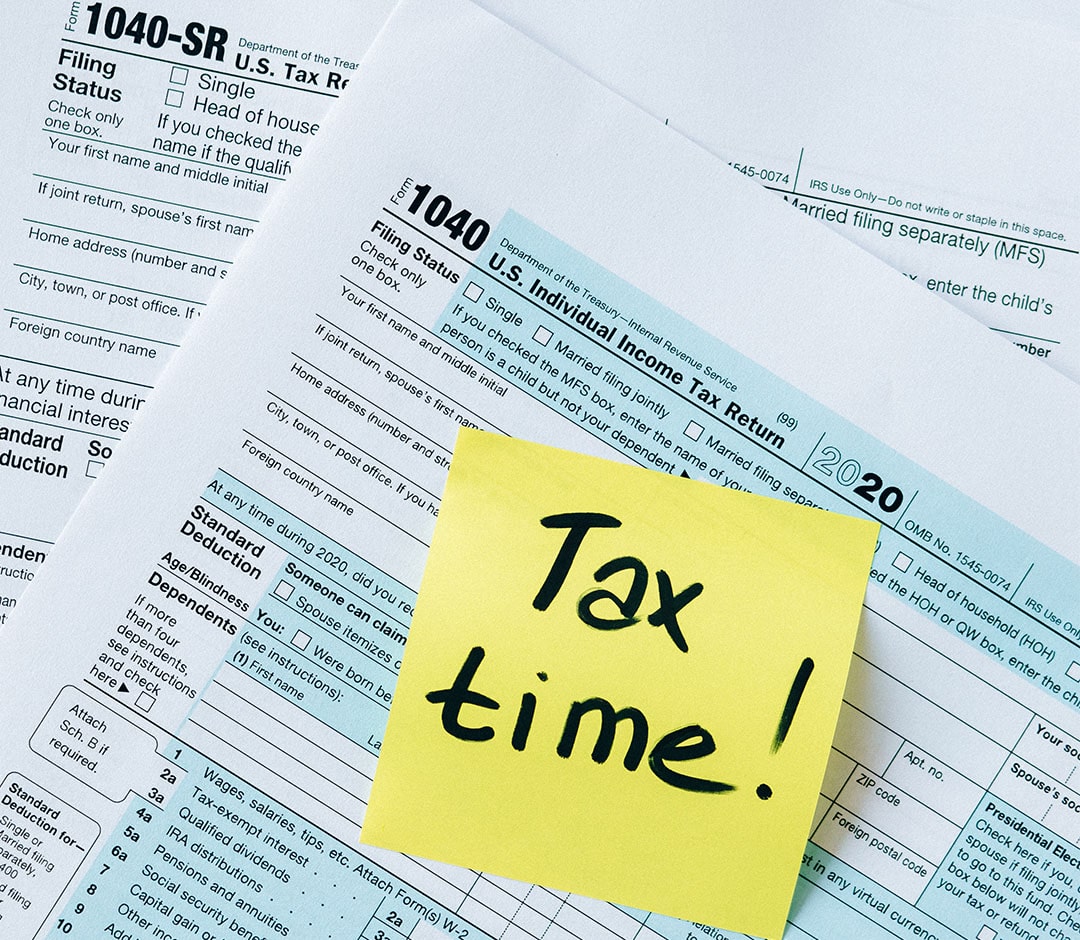Considering all the hard work it takes to establish and build an accounting practice, it makes sense for practice owners to be rewarded for their efforts. For many, that reward comes in the form of a lucrative sale when the time is right.
However, there are often many questions to answer, including how to tell when it’s the right time to sell, how to value your firm correctly, how to attract and qualify the right buyer, and the big one: “How do I sell my accounting firm?”

If you are at the point where you are considering selling your tax or bookkeeping practice, we have created this resource just for you. Here, we’ll explain everything the process involves, including how to tell when it’s time to sell and what you need to do to obtain a good deal.
In addition, we’ll explain when professionals can aid you in the process and how Zoom Business Brokers can help you recoup the maximum value for your accounting practice.
If you would like some help right off the bat, please contact our brokers here for custom advice on how to sell your bookkeeping or tax practice.
Request a free no-commitment consultation for selling your business

When is the right time to sell my accounting firm?
The first step to selling a tax or accounting firm at a good value is knowing when to sell. There are countless situations where a founder finds they are ready to let go of their practice. But a common mistake many make is expecting a sale to come naturally at this point.
Selling a practice takes as much deliberate planning, and forecasting as buying or establishing one does. As a result, you should not necessarily sell your practice when you are ready to, but when you plan to.
Another essential thing to keep in mind is you should plan to sell when the business is good. While this sounds counter-intuitive for many sellers who are probably getting because they don’t feel they can do more with the business, selling when things are good will be vital to unlocking maximum value from the sale.
If your practice thrives on seasonal business, you should plan to conclude a sale just before the season starts. This puts your buyer in an excellent position to begin to recoup returns on their investment immediately.
In any case, where you are in doubt and are wondering, “Is this the best time to sell my accounting firm?” you can contact Zoom Business Brokers for help. We will advise you of the pros and cons of selling your practice and whether this is the right time to sell.
Preparing your practice for sale
When you have decided to sell, there are several other factors you must keep in mind and steps you need to take before a sale can happen. As part of this preliminary process, you need to ensure your practice is sale-ready.
Perception, they say, is everything – and this is truer than most think when it comes to selling a practice. If you want maximum value for your accounting practice, you need to present a picture of a smooth-running, efficient, and profitable business to a potential buyer. This includes ensuring your firm is adequately organized, client files are comprehensive and up-to-date, and all of your equipment/practices are current.
Here are a few things to consider as you prepare your accounting or tax practice for sale:
- Office organization: A well-organized office and adequate staff are essential to a successful sale and smooth transition. As a result, this is one of the early signs of a good deal that an astute buyer will look for. Make sure everything ticks over nicely, including accurate client data and clear workpapers.
- Accounting records: If your accounting records are not already in great shape, now is a good time to whip them into shape. Messy or incomplete records are enormous red flags that you cannot afford if you want a sale for value. Let the records speak for themselves and ensure they tell a crisp, self-proving tale.
- Fees: Certain practices employ flexible fee arrangements with clients, especially loyal clients. However, a potential buyer will want to see that fees are in line with current industry realities. If fees are too low, it may affect the profitability of the practice and present challenges to a new owner later on.
Lastly, it is essential to manage your expectations regarding the sale of your practice carefully. Sellers are often tempted to set an unrealistic price or expect a hefty downpayment. However, this can unnecessarily price most buyers out of practice.
Instead, cultivate realistic expectations grounded in a balanced view of what a good deal looks like from both sides of the sale. There’s no better way to do this than with the help of a broker who will work hard to get you everything you want but also present a fair deal to the other side.
The sale process
The typical practice sale process will have many moving parts, and you can expect to see many professionals involved. Some of the most critical stages will include valuation of your practice, responding to offers and preparing counter-offers, and preparing necessary documentation. Here’s a summary of these stages.
- Preliminary: The first stage will involve collating all of your records and paperwork in preparation for scrutiny by a potential buyer. Check to see that equipment leases, contracts, and other documents are ready and available.
- Valuation of practice and assets: We use three main approaches in valuing a business. These are the Multiple of Earnings, Market Multiples, and Buyer Test techniques. We can help you determine which of these approaches presents the fairest valuation of your practice or whether a mix of methods is needed.
- Preparing the information memorandum: This document provides a comprehensive overview of your practice, including the facts and figures around your business performance and how the sale makes sense for the buyer.
- Advertising the sale: The next step is to publish the proposed sale through various marketing media, including ads, brochures, social media, and the web. It is essential to keep the business anonymous through this process so an impending sale’s uncertainty does not hurt your practice.
- Taking responses and qualifying buyers: Once inquiries start to enter, it will be necessary to screen for genuinely interested buyers. It is typical for sellers to screen buyers for financial means and professional ability so there’s an assurance they can carry on the business.
- Conducting buyer interviews: Before starting any interviews, ensure you get the potential buyer to sign a confidentiality agreement. This protects your clients and systems from potential usurpation by a dishonest buyer. Get the buyer to articulate their objectives for a successful sale so you can also help them understand how your practice meets their needs.
- Handling offers: Remember, practices are seldom if ever, sold entirely for cash upfront. Instead, a mix of cash, seller-financed, and earn-out approaches are more common, and any offer will likely employ most of these. Read between the lines of each offer to identify the potential downsides and if the upsides are worth. Also, don’t be afraid to counter any terms that are not entirely to your liking or that feel unfair to you.
- Buyer due diligence: If you have received an offer you are satisfied with, the buyer will want to investigate your business. At this stage, you will be required to provide them with the necessary documents and assistance they need to confirm that your practice is a good purchase.
- Paperwork: The paperwork you are likely to need will include a credit check form, confidentiality agreement, non-compete, and agreement for the sale of assets.
- Closing: Finally, upon completion of all prior stages, a down payment will be made by the buyer, and this signals the end of the process. Although, you will likely continue to receive payments from the buyer well into the first, or sometimes, the second year after the sale.

The sale process indicates the complex stages that selling your accounting practice will involve. However, the process is often sensitive, too, as even a minor misstep might produce results that leave you with a damaged practice on your hands and no buyer insight.
To ensure you have the best shot at selling your business at a price and in a manner your years of effort deserve, it makes sense to work with an experienced business broker.
Contact us today
At Zoom Business Brokers, our experienced business brokers have helped hundreds of small and medium-size business owners across Southern California achieve the exit they deserve. Let us help you get the best value for your years of hard work. Contact us to speak with a broker today.
